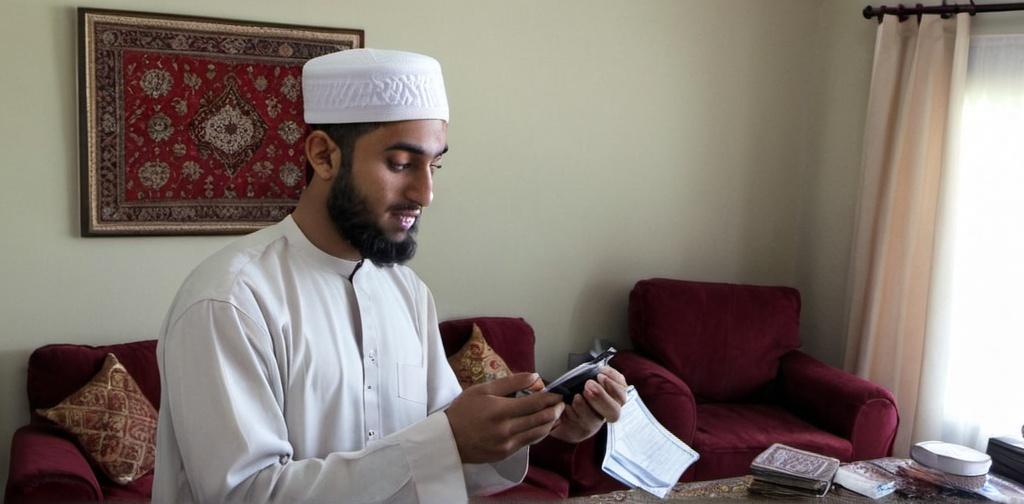The question of whether forex trading is halal (permissible) or haram (forbidden) is one that Muslim traders continue to debate. At the center of this discussion is the structure of forex certificates and whether the contracts comply with Islamic financial principles. These certificates, often issued by brokers or financial institutions, serve as proof of participation in forex markets, but the way trades are structured can determine whether they align with Shariah guidelines.

Islamic Principles in Trading
Islamic finance prohibits riba (interest), excessive gharar (uncertainty), and gambling-like speculation. For forex to be considered halal, transactions must avoid these elements. This is why many brokers offer “Islamic accounts” or “swap-free accounts,” which are structured to comply with these requirements.
The issue with forex certificates arises when they represent trades that involve overnight interest charges or speculative practices that resemble gambling. If the certificate confirms a transaction that has swap fees attached, then scholars generally rule it haram. However, if it documents a halal-structured transaction—such as a spot forex trade settled within the required time frame without interest—it may be permissible.
Spot vs. Derivative Structures
Spot forex trading, when conducted without leverage and settled within two days, is widely viewed as halal. The challenge comes with certificates tied to derivatives, where trades are leveraged, rolled over, or based on contracts that may not represent actual ownership of the underlying currency. These structures raise concerns about both riba and gharar.
Some brokers market certificates that appear compliant but in practice include hidden fees or structures that violate Islamic principles. This is why scholars advise traders to examine not only the certificate itself but the contract behind it. Independent resources such as Forex,ke (Kenya) provide explanations of how different forex brokers in Kenya and beyond handle Islamic accounts, making it easier for traders to evaluate compliance.
Scholarly Debate
Islamic scholars remain divided. Some argue that modern forex, even with swap-free accounts, still contains excessive uncertainty and resembles gambling, making it haram. Others believe that properly structured spot trading, documented with certificates and free of interest, is halal. The distinction often comes down to the details: whether actual currency delivery occurs, whether leverage is used responsibly, and whether contracts are transparent.
Final Perspective
Forex certificates are not inherently halal or haram—they depend entirely on the contracts they represent. If a certificate documents a transaction free of interest, speculation, and excessive uncertainty, many scholars consider it permissible. But if it reflects leveraged positions with rollover fees or contracts based purely on speculation, it crosses into haram territory. Muslim traders must therefore look beyond the certificate itself and scrutinize the underlying trade structure, broker policies, and Shariah compliance guarantees before participating.